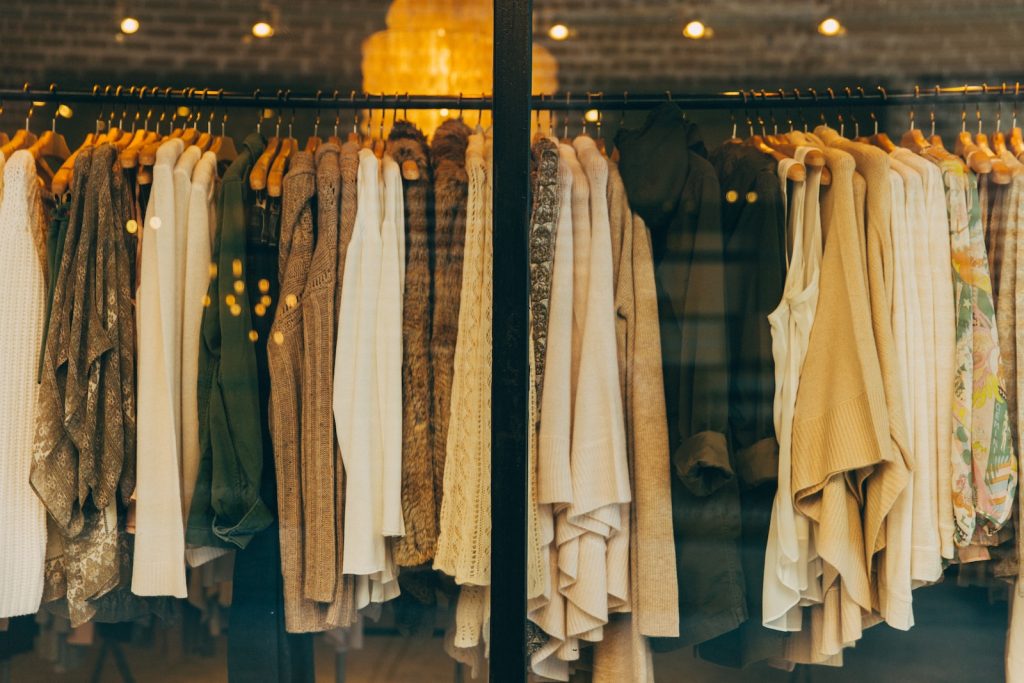In today’s rapidly evolving world, the fashion industry is under scrutiny for its impact on the environment and society. As consumers become more conscious of the consequences of their purchasing decisions, ethical fashion has gained significant traction. This shift towards sustainability has not only created opportunities for brands to make a positive impact but has also attracted the attention of investors who recognize the potential for financial success in ethical investments.
Case Study 1: Patagonia
Patagonia, a renowned outdoor clothing brand, has become a symbol of sustainability and corporate responsibility. With a mission to “Build the best product, cause no unnecessary harm, and use business to inspire and implement solutions to the environmental crisis,” Patagonia has set a high standard for ethical investments in the fashion industry.
Sustainable Material Sourcing
One of Patagonia’s core strategies for sustainability is its commitment to using sustainable materials. The company actively seeks out alternatives to conventional fabrics and fibers that have a detrimental impact on the environment. Patagonia utilizes organic cotton, recycled polyester, and hemp in its products to reduce its reliance on non-renewable resources and minimize its ecological footprint.
Manufacturing Processes and Supply Chain Transparency
Patagonia understands that sustainability goes beyond material sourcing. The company takes a holistic approach, implementing environmentally friendly manufacturing processes and ensuring transparency throughout its supply chain. By partnering with suppliers who adhere to strict environmental and social standards, Patagonia ensures that its products are made ethically and sustainably.

Financial Success and Positive Impact
Patagonia’s ethical investments have not only resonated with conscious consumers but have also resulted in financial success. In 2019, the company reported revenues of $1 billion, a testament to the growing demand for sustainable and ethically-produced clothing. Patagonia’s commitment to quality, durability, and ethical practices has garnered trust and loyalty from its customers, solidifying its position as a leader in the industry.
Case Study 2: Everlane
Everlane, a direct-to-consumer fashion brand, has gained recognition for its transparent pricing, ethical manufacturing practices, and commitment to sustainability. By prioritizing transparency and affordability, Everlane has disrupted the traditional retail model and set an example for ethical investments in the fashion industry.
Transparency in the Supply Chain
Everlane’s commitment to transparency sets it apart from other fashion brands. The company provides detailed information about the factories and manufacturers it works with, including their locations and working conditions. By sharing this information with consumers, Everlane empowers them to make informed purchasing decisions and supports its integrity as an ethical fashion brand.
Eliminating Retail Markups
Everlane’s business model revolves around eliminating traditional retail markups, allowing the company to offer high-quality products at affordable prices. By cutting out intermediaries and working directly with manufacturers, Everlane reduces costs and ensures fair wages for factory workers. This commitment to fair pricing and fair labor practices resonates with consumers who appreciate the value and ethics behind each purchase.
Sustainable Material Choices
In addition to transparency and fair pricing, Everlane actively seeks out sustainable materials for its products. The company strives to reduce its environmental impact by using recycled materials, organic cotton, and responsible manufacturing processes. Everlane’s focus on minimalism and timeless design also promotes product longevity, encouraging consumers to buy less but better.
Successful Ethical Investments
The combination of transparency, affordability, and sustainability has propelled Everlane to financial success. In 2018, the company reported $100 million in sales, showcasing the market potential of ethical investments in sustainable fashion. By aligning with consumer values and prioritizing transparency, Everlane has established itself as a leading brand in the industry.
Conclusion
These case studies highlight the success stories of Patagonia and Everlane, demonstrating how ethical investments in fashion sustainability can lead to both financial success and positive impact. These brands have shown that by prioritizing sustainable material sourcing, implementing ethical manufacturing practices, and being transparent, it is possible to create thriving businesses that align with consumer values.
Investors who recognize the potential for financial success in ethical investments are contributing to the growth of a more sustainable and socially responsible fashion industry. As consumer demand for sustainable fashion continues to rise, brands that prioritize ethical practices and invest in sustainability are well-positioned for long-term success. By supporting these brands through ethical investments, investors can not only achieve financial returns but also contribute to a more sustainable future.
Investing in ethical fashion is not only financially rewarding but also contributes to a more sustainable and socially responsible future. Brands like Patagonia and Everlane have shown that by prioritizing sustainability, transparency, and fair practices, it is possible to achieve both financial success and positive impact. As consumer demand for ethical fashion continues to grow, ethical investments play a crucial role in driving change and transforming the fashion industry into a more sustainable and ethical one.

































